Life
Sign up for our newsletter
We summarize the week's scientific breakthroughs every Thursday.
-
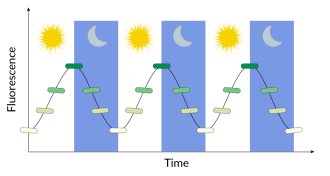 Genetics
GeneticsA circadian clock transplant gives E. coli rhythm
Clockworks from algae built into E. coli may hold future jet lag treatment.
-
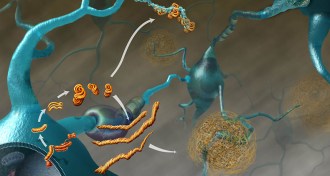 Life
LifeA protein variant can provide protection from deadly brain-wasting
If cannibalism hadn’t stopped, a protective protein may have ended kuru anyway.
-
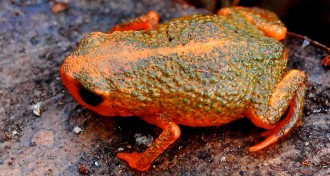 Animals
AnimalsNewly discovered tiny frogs live on islands in the sky
Scientists find seven new species of frogs in southern Brazil, and more could be waiting, they say.
-
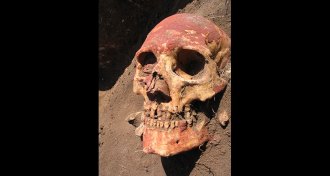 Archaeology
ArchaeologyBronze Age humans racked up travel miles
A new study indicates long journeys and unexpected genetic links in Bronze Age Eurasian cultures.
-
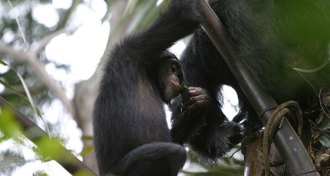 Animals
AnimalsChimps get buzzed on fermented tree sap
Scientists have documented the first case of chimpanzees drinking ethanol in the wild.
-
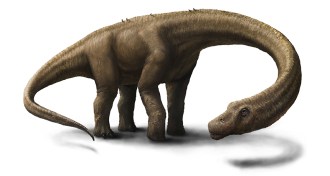 Paleontology
PaleontologyNew analysis cuts massive dino’s weight in half
Gigantic dinosaur Dreadnoughtus may have weighed only about half of what scientists estimated last year.
By Meghan Rosen -
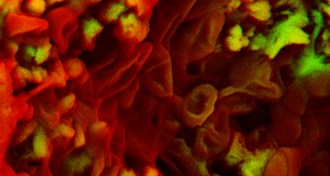 Paleontology
PaleontologyTraces of dino blood, soft tissue found even in junk bones
Hints of blood and collagen found in poorly preserved dinosaur bones suggest that soft tissue from the creatures may be easier to come by.
-
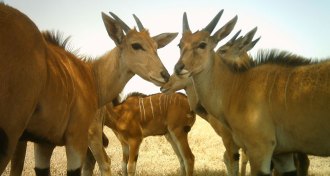 Animals
AnimalsCamera traps provide treasure trove of African animal pics
Scientists set up hundreds of cameras across Serengeti National Park to capture images of predators and their prey.
-
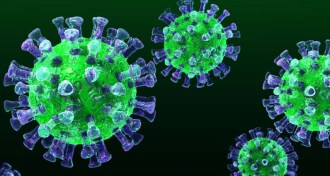 Life
LifeMERS virus didn’t morph in its move to South Korea
No obvious changes in the MERS virus account for its rapid spread in South Korea.
-
 Life
LifeTracing molecules’ movement in nails may help fight fungus
Tracking chemicals through the human nail may provide valuable insight for drug development.
-
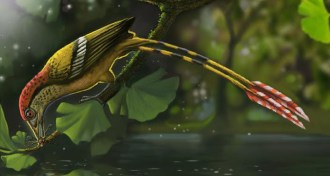 Paleontology
PaleontologyHorned dino aside, here are some other fun fossil finds
Here's a roundup of some fossil finds reported this week.
-
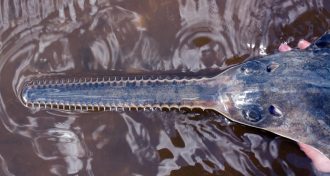 Animals
Animals‘Virgin births’ won’t save endangered sawfish
Sawfish are the first wild vertebrates found to reproduce via parthenogenesis.